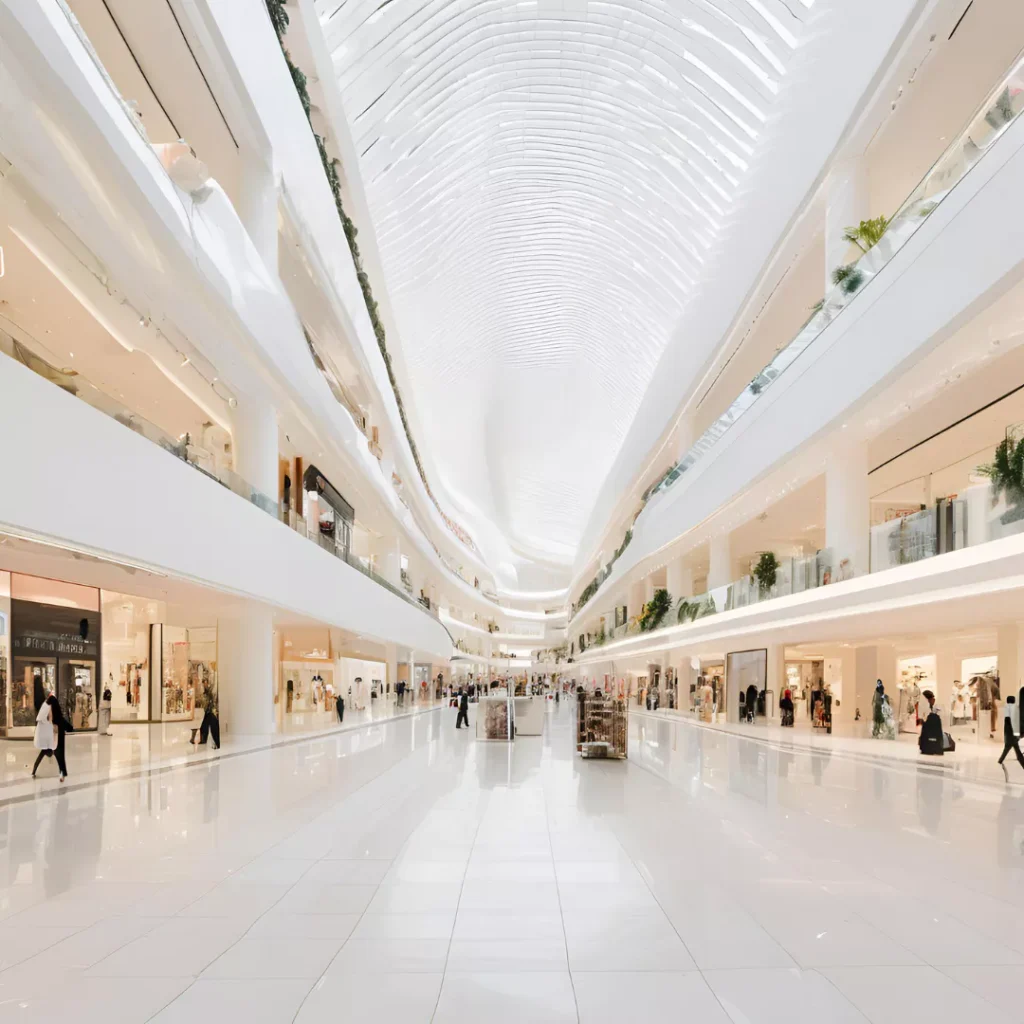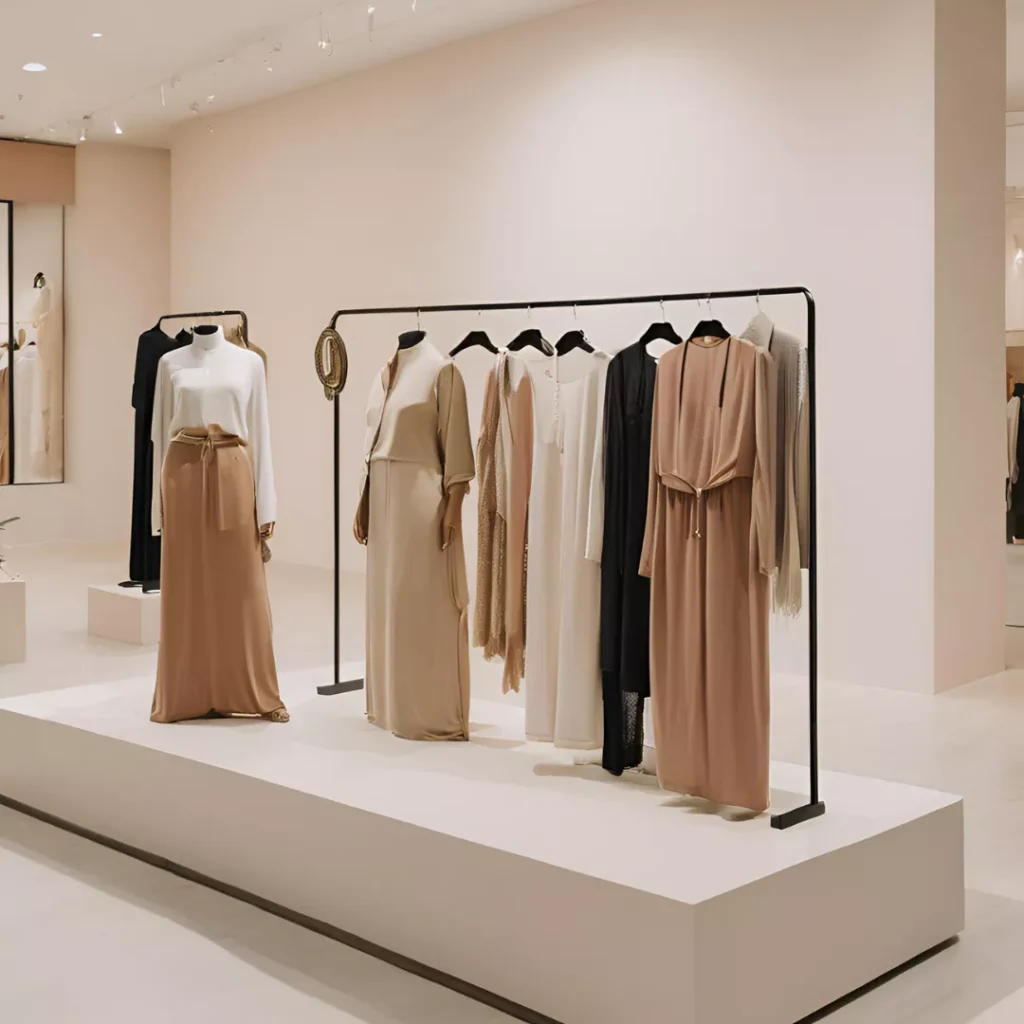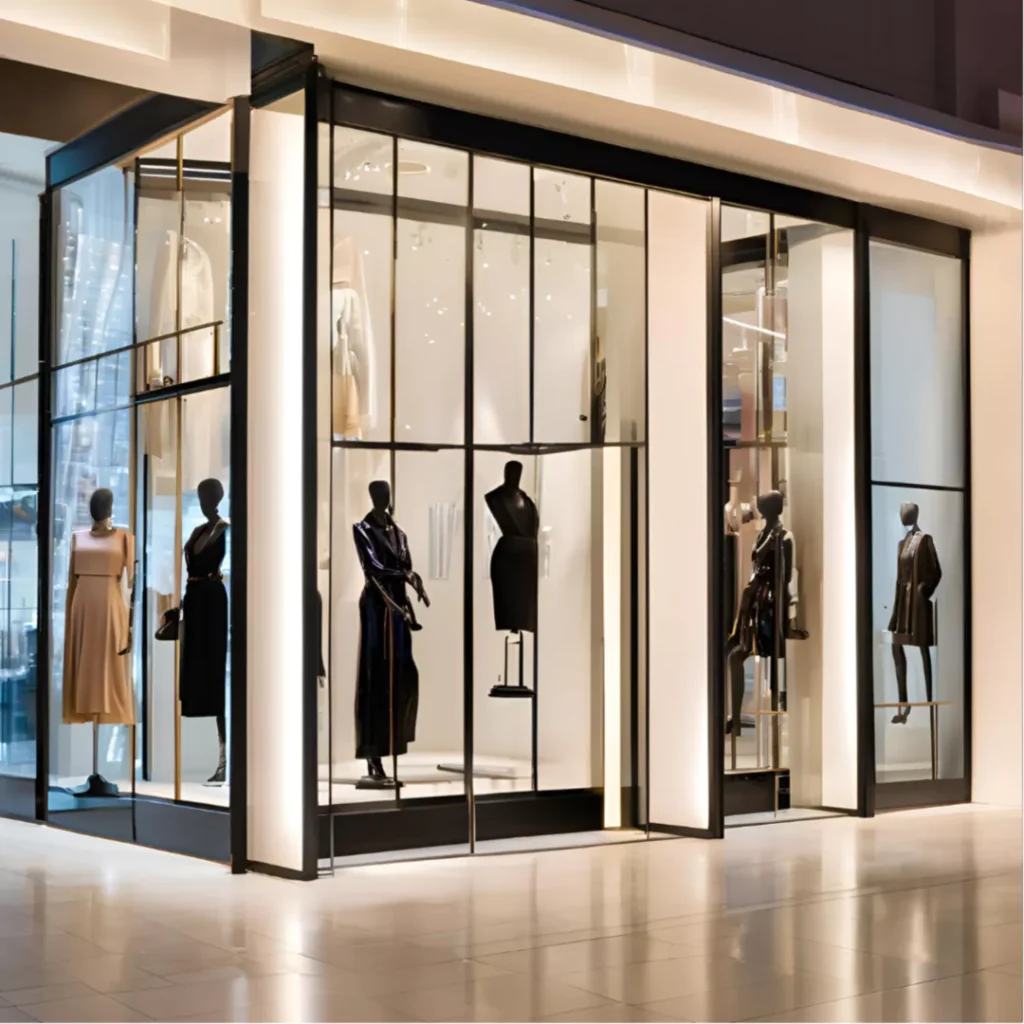Key Strategies Used by Zara in the GCC
One of the most successful fashion brands in the GCC region is Zara, which has rapidly grown and established itself as a major player in the region’s retail landscape. Zara’s success in the region can be attributed to several key strategies that allowed it to thrive in a highly competitive market.
Fast Fashion Model
Zara’s globally renowned fast fashion model allowed it to thrive in the GCC, where consumers are eager for the latest trends. Zara’s ability to design, produce, and deliver new collections to stores within weeks ensures that customers always find fresh products. This constant refresh keeps customers returning frequently, unlike traditional fashion models that release new collections seasonally.

Strategic Retail Locations :
Zara secured premium retail spaces in high-traffic malls like The Dubai Mall, Mall of the Emirates, and The Avenues Mall in Kuwait. These malls attract both locals and tourists, offering a constant stream of customers. Zara’s prominent presence in these key locations plays a critical role in maintaining its visibility and accessibility to a wide range of consumers.

Localization and Cultural Adaptation :
In a market where modesty plays a significant role, Zara tailored its offerings to meet the local demand. While Zara’s global collections emphasize modern trends, the GCC stores often feature modest fashion options, such as long-sleeve tops, maxi dresses, and more conservative designs. This cultural adaptation ensured Zara’s relevance to the regional consumer base, particularly Emirati women, while maintaining its international appeal.


For personalized branding consultation in the UAE
Price Positioning :
Zara’s success also stems from its accessible luxury pricing model. The brand strikes a balance between offering fashionable, high-quality items at reasonable prices. This approach appeals to a broad customer base in the GCC, where consumers are brand-conscious but still value affordability. Zara has managed to position itself as an aspirational yet affordable brand, which is key to its wide appeal.

Omni Channel Strategy:
With the rise of e-commerce in the GCC, Zara expanded its reach by offering online shopping platforms alongside its physical stores. The integration of Zara.com with its brick-and-mortar operations allowed customers to shop online, with options for in-store pickup or home delivery. This seamless shopping experience catered to the growing demand for convenience, especially in countries like the UAE and Saudi Arabia, where e-commerce has grown rapidly.

Efficient Supply Chain and Inventory Management :
Zara’s vertically integrated supply chain gives it a unique advantage in the fast-paced fashion market. The brand has a highly efficient inventory management system that enables rapid restocking and quick adaptation to consumer preferences. This flexibility ensures that Zara can swiftly react to regional trends and stock products that resonate with local customers, making it a leader in fashion agility.

Sustainability Initiatives :
Recently, Zara has also focused on sustainability, which has become increasingly important to GCC consumers, particularly the younger generation. Zara’s Join Life collection, made from sustainable fabrics and produced using eco-friendly methods, helped strengthen the brand’s reputation as a forward-thinking and responsible retailer.

Impact of These Strategies :
These strategies have made Zara a powerhouse in the GCC, where it operates numerous stores across the UAE, Saudi Arabia, Kuwait, and other countries. Zara’s ability to adapt to local culture, manage inventory efficiently, and balance affordability with style has allowed it to expand rapidly and become one of the region’s most sought-after fashion brands. By combining localization, fast fashion, and an omnichannel presence, Zara successfully navigated the unique challenges of the GCC market and continues to grow in both revenue and customer loyalty.
Share Article

For personalized branding consultation in the UAE



